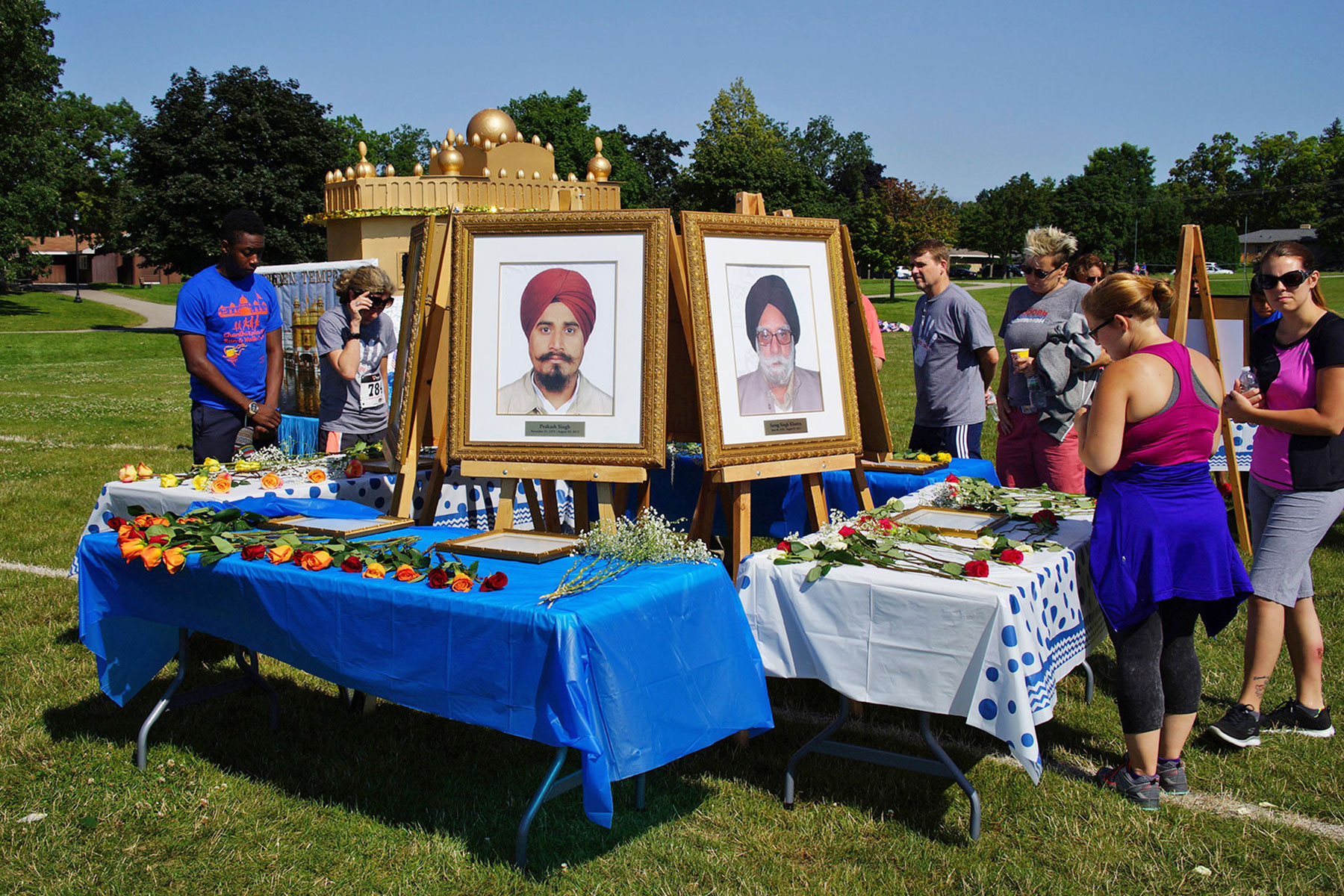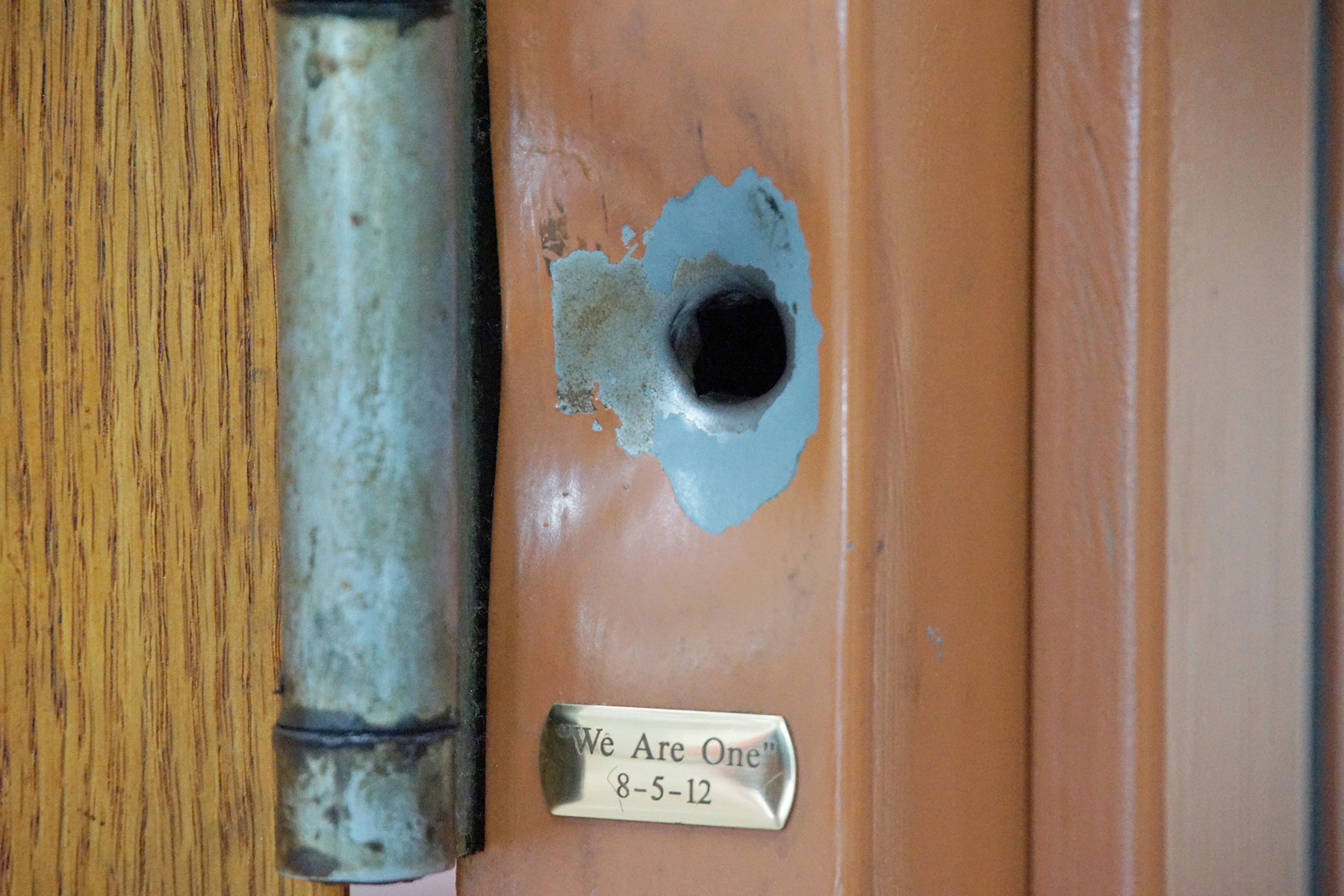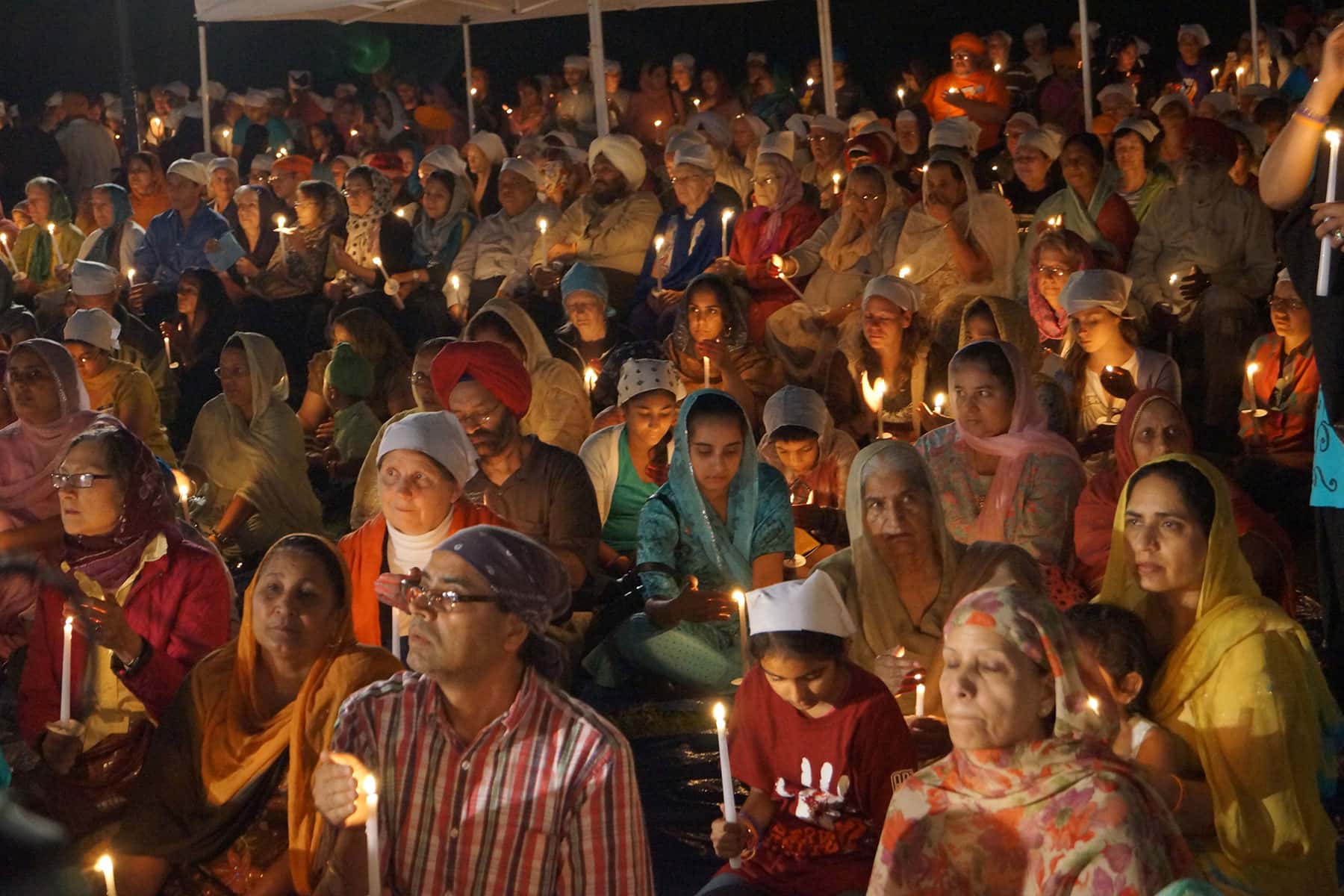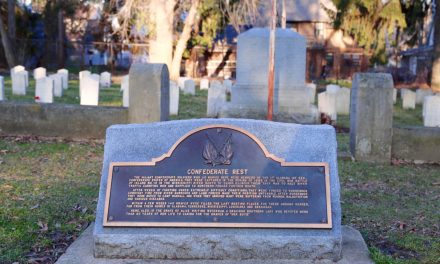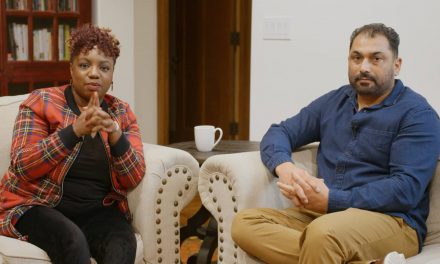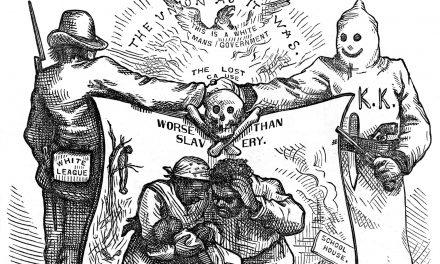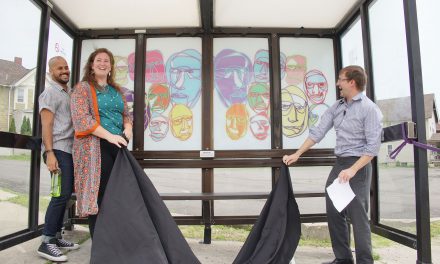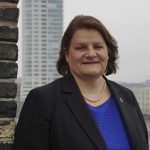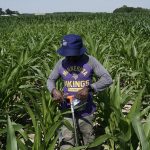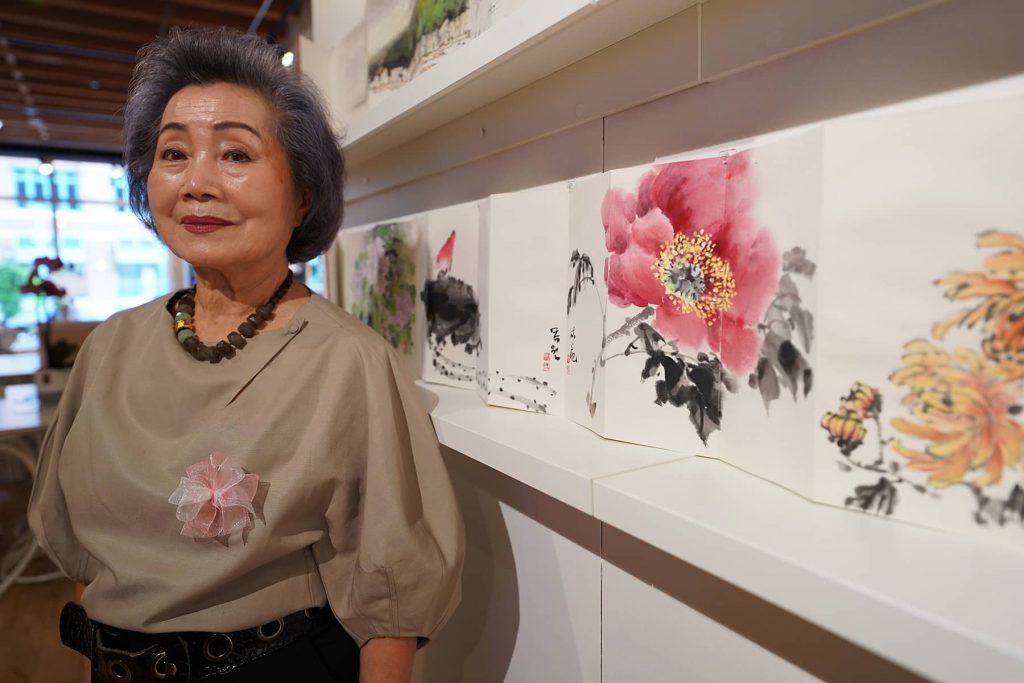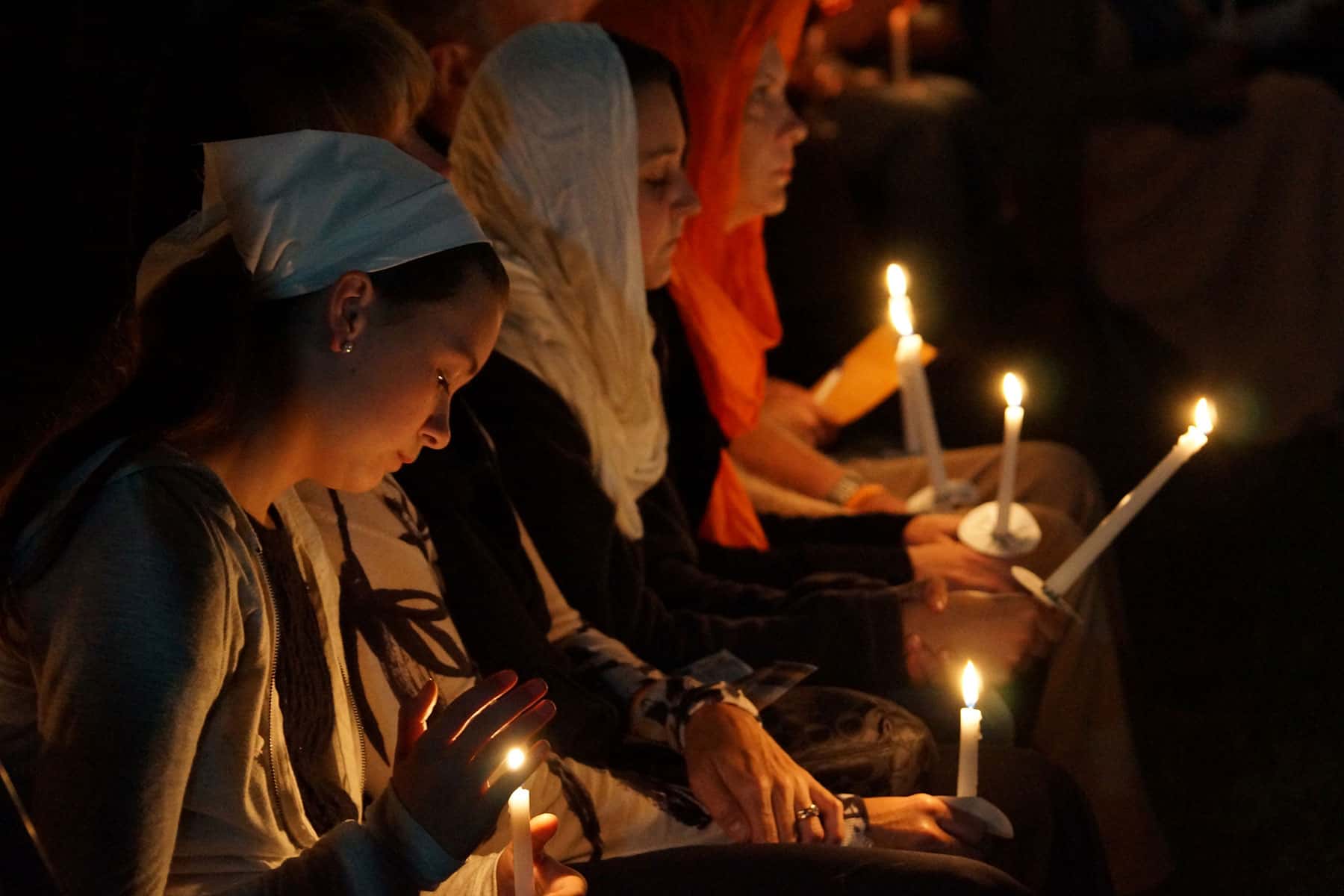
The Sikh temple in Oak Creek, known as the gurdwara, was the scene of a massacre on August 5, 2012. An American white supremacist and Army veteran from Cudahy, Wade Michael Page, fatally shot six people and wounded four others, one of whom has remained in a coma since that day. All of the dead were members of the Sikh faith, apart from Page who committed suicide.
According research by the Wisconsin Historical Society, Milwaukee has a long history of incidents defined as home-grown terrorism by the U.S. government under statue 28 C.F.R. Section 0.85(l). These actions, conducted by various groups and individuals, show that our age is not unique to the terrible act that occurred on August 5, 2012.
September 26, 1969 – Vietnam War protesters bomb draft offices in Milwaukee.
August 29, 1967 – Milwaukee racists attack civil rights marchers and burn their offices.
August 9, 1966 – KKK bombers blow up the NAACP headquarters in Milwaukee.
November 21, 1917 – Anarchist bombs cause the death of 10 people in Milwaukee.
October 12, 1912 – Theodore Roosevelt is shot in Milwaukee.
May 1, 1886 – National Guard troops cause the death of five unarmed demonstrators in Bay View.
September 7, 1861 – An innocent African American man is lynched in Milwaukee.
Honoring them begins by remembering their names. Suveg Singh Khattra, Satwant Singh Kaleka, Ranjit Singh, Sita Singh, Paramjit Kaur, and Prakash Singh all lost their lives at worship on a summer day in 2012.
Remembering 08.05.12
Ranjit Singh
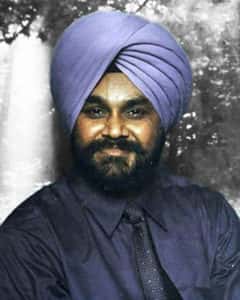
April 04, 1963 – August 05, 2012 (Age 49)
Ranjit Singh was born in the village of Dalu Wala, Punjab. He had two brothers, one of whom was Sita Singh, and two sisters. He moved to New Delhi after completing his education. He then subsequently moved to the United States in 1997.
Ranjit Singh is survived by his wife, Lokinder Kaur, and three children, Jasbeer Kaur, Jaspreet Kaur, and Gurvinder Singh. His son, Gurvinder Singh, was only seven months old when Ranjit Singh left their home in India for better life in the United States. He was hoping to return to India for the first time in November 2012 in time for Diwali celebration.
Besides working at the Sikh Temple, Ranjit Singh worked odd jobs on the weekdays to send money back to his family in India. He wanted to a secure bright future for his family. He will be remembered as a humble and hard-working man.
Prakash Singh
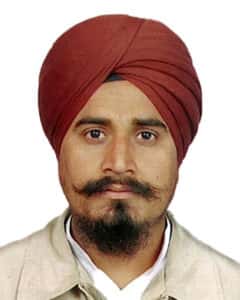
November 1, 1972 – August 05, 2012 (Age 39)
Prakash Singh was born in New Delhi, India. He was part of a family of four brothers and one sister. He had moved to the United States in 2005 from New Delhi, India.
Prakash Singh had been a priest at the Sikh Temple of Wisconsin for about 7 years. He had received his green card in the early part of 2012. He had gone to India in June 2012, and had returned with his wife, Ravinder Kaur, son, Prabhjot Singh, and daughter, Palmeet Kaur. He was preparing to move to an apartment with his family within the next week or so before the shooting.
Paramjit Kaur
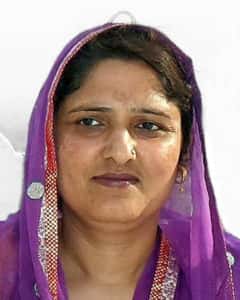
April 25, 1971- August 05, 2012 (Age 41)
Paramjit Kaur was the only woman killed in the shooting. She is survived by her husband, Inderjit Singh Saini, and two sons, Kamaljit Singh Saini and Harpreet Singh Saini. She had recently returned from a trip to India with her sons, where they had visited Harmandir Sahib (Golden Temple) in Amritsar, Punjab. This was her first trip to India since arriving in America in 2004.
She was a weekly presence at the Gurdwara, as her faith stemmed deep in the Sikh religion. She came to pray and serve every Sunday and Thursday. She greatly valued education, and wanted to ensure her sons’ made use of the educational opportunity here. She was a very selfless woman, always putting her husband and sons first before anything.
Satwant Singh Kaleka
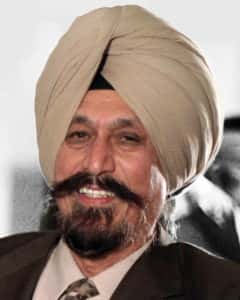
June 02, 1947 – August 05, 2012 (Age 65)
Satwant Singh Kaleka was born in the city of Patiala in the northern state of Punjab, India. He was born into a large family of nine brothers and sisters. They played together as children, and remained close throughout life. He fondly remembered that his extended family was always considered an immediate family. He would chuckle and say, that’s why we have the largest family on Earth, and we’re lucky for that. He made his living as a farmer in India.
Satwant Singh immigrated to America in 1982 after being sponsored by his elder brother, Dr. Jagjit Singh Kaleka, who was practicing Veterinary medicine in Wisconsin. He immigrated with his two sons, Pardeep Singh and Amardeep Singh, and wife, Satpal Kaur. He worked long hours at a gas station to make ends meet. By 1987, he had saved up enough money to buy a small gas station. With help from his family, the business ran with great success. In 1993, he bought his current house in Greenfield, Wisconsin. His initial order of business was to plant an American flag on the front lawn. The flag stood triumphantly throughout the years.
Satwant Singh, along with several other community members, organized their savings to start the Sikh Temple of Wisconsin in 1997. From its beginning until August 5, 2012, he served as its leader and president. He spent countless hours at the Gurdwara maintaining the facilities, helping run the daily services, and offering a helping hand to anyone in the congregation.
Satwant Singh Kaleka is survived not only by his wife, and two sons, but by every life he ever touched – his in-laws, his friends, his Sikh community, his neighbors in Milwaukee – even today, as his soul has crossed over to the other side.
Sita Singh
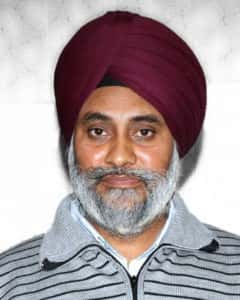
November 15, 1970 – August 05, 2012 (Age 41)
Sita Singh was born in the village of Dalu Wala, Punjab. He was the younger brother of Ranjit Singh, another victim of the shooting. He was part of a family of five children.
Sita Singh moved to New Delhi after completing his education. Prior to moving to the United States in 1995, he lived in Canada and England. He moved to the Sikh Temple only six months before the shooting.
Sita Singh is survived by his wife, Surinder Kaur, and four children, Sarabjeet Kaur, Harmeet Singh, Kamaljeet Kaur, and Jasbir Singh. He was a very dedicated Sikh, who selflessly attended to all duties at the temple, including daily services, maintenance, and cooking. He was also very fond of music and reading.
Suveg Singh Khattra
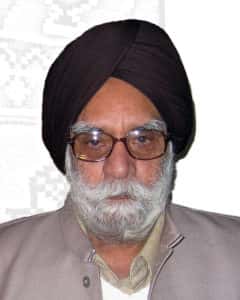
June 6, 1928 – August 05, 2012 (Age 84)
Suveg Singh Kattra was born in the city of Ambala in the northern state of Haryana, India. He was the oldest victim in the shooting. He was part a large family of three brothers and three sisters. He had made his living in India by farming. He had immigrated to the United States in 2004 with his wife, Nachittar Kaur, to live with their son, Baljinder Singh Khattra, and daughter-in-law, Kulwant Kaur. His wife had unfortunately passed away in 2010.
Suveg Singh is survived by his five children and seven grandchildren. He held a key role at the Sikh Temple, as he provided companionship by asking members of the congregation about their families, and offering uplifting scripture passages.
Suveg Singh was a strong and devout man, who was known to come to the Gurdwara early in the morning, and stay late through the evening. He will be remembered by those around him for his punctuality in everything he did.
Baba Punjab Singh
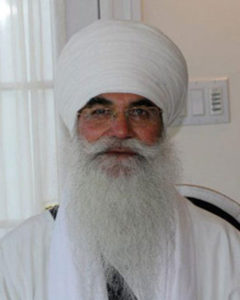
Baba Punjab Singh was critically injured during the attack and continues to require around-the-clock, long-term care at an inpatient rehabilitation center.
Punjab Singh traveled all over the world to share spiritual truths. He has taught about the oneness of all of life and the need to love and forgive. He was a visiting congregational leader on this August 5th day at the Oak Creek Gurdwara. Punjab Singh is not only a beloved leader; he is now a hospital patient. He is a treasure to all who have known him and his golden heart has impacted the lives of many through his teachings. This is true whether you knew Punjab Singh before or after the shooting.
Many staff members at the hospital have had the great opportunity to hear stories about Punjab Singh’s life as told by his family and the community who loves him. His two sons from India now live their lives in dedication to being present to the care of their father. They alternate staying with him on a nearly 24-hour basis. Punjab Singh’s wife is here from India as well. The American culture is one that is foreign to her as she does not speak the language, and she finds it difficult to understand some of the styles of interaction between people in this country. Punjab Singh’s two daughters live in India and are sadly only able to visit occasionally. Life becomes very strenuous when violence tears apart the fabric of the family and everyone’s life is now altered including extended family members. It is important to remember that we are all part of this extended family.
Raghuvinder Singh (Punjab Singh’s older son) has shared numerous stories about his father. This has helped us understand his father’s gentle nature and his deep connection to the Creator of all of life. Punjab Singh would sometimes sit in meditation without moving an inch for up to 14 hours at a time. While in meditation, Punjab Singh must have been in touch with an all-knowing view of the circumstances here on Earth. No matter where Punjab Singh was teaching in the world, he would call either of his sons by phone and tell them to go to certain homes in India. Punjab Singh would give instructions on what to take to the family in need. It might have been provisions or money. Often times, the sons were instructed to pay for school fees, school supplies and uniforms for needy families and orphans. The gift of education was a priority for Punjab Singh, and it was part of his life’s mission.
This whole experience has impacted the family in ways that one ever imagine. The new culture, the new environment, the pain of leaving family behind, the selling of their family business back home, and most of all their father’s health.
Prayer in a great thing! God does listen to prayers and does help those in need. Prayers from all over the world have helped improved Punjab Singh’s health. We urge everyone to keeping praying, pray for world peace, pray to end hate, pray to stop incidents like the recent shootings to stop. We thank everyone for the great support in this time of great need.
- A son remembers the day his father was slain for his faith
- Photo Essay: Chardhi Kala 6K expands community healing
- Sikhs remain resilient after five years of living with tragedy
- A legacy of relentless optimism in response to hate crime
- Why Americans must continue to remember the Oak Creek massacre
- Timeline: Acts of domestic terrorism in Milwaukee
- Video: Reflections on 5th Chardhi Kala 6K
- Annual run turns tragedy into triumph to honor Sikh Temple victims
- Sikh temple survivor speaks on fake Bowling Green Μаssаcrе
- Victims of largest act of terrorism in Milwaukee largely forgotten by public
- Photo Essay: Targeted by hate, Sikhs embrace love
- Pardeep Kaleka: Forgiveness in the midst of tragedy
- Pardeep Kaleka: Testimony on post 9/11 rhetoric
© Featured Image
Joe Brusky

